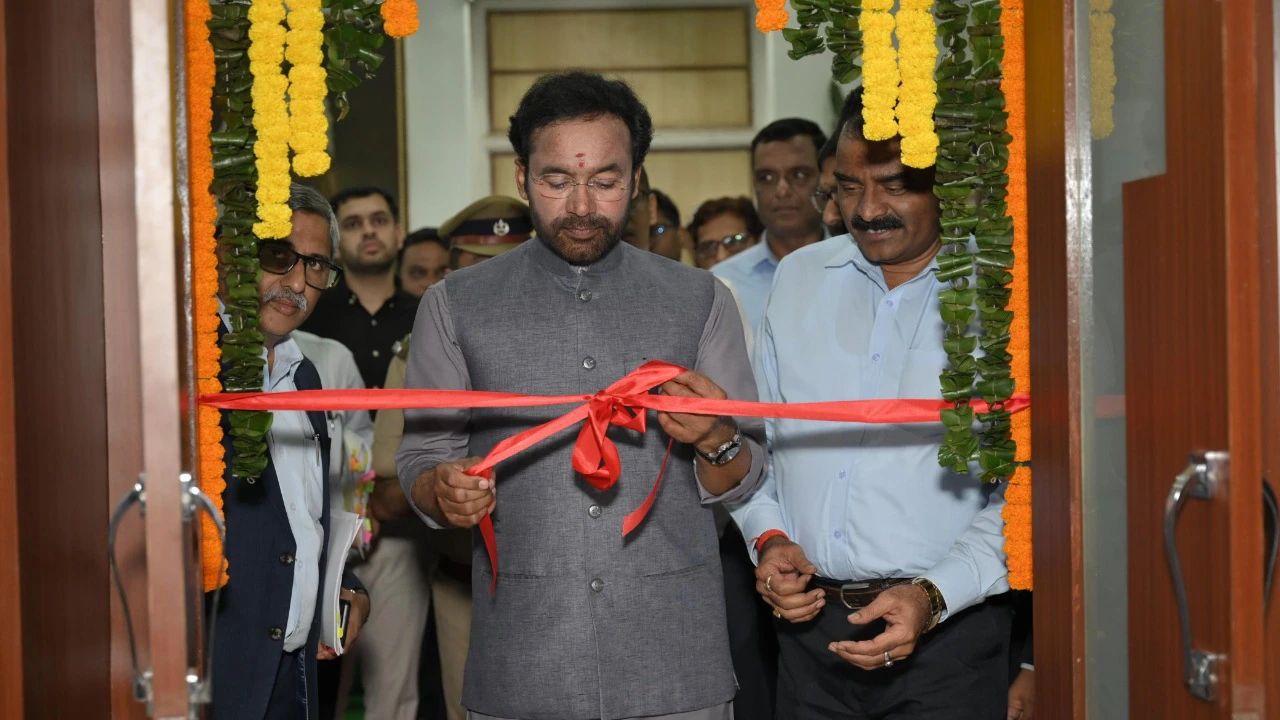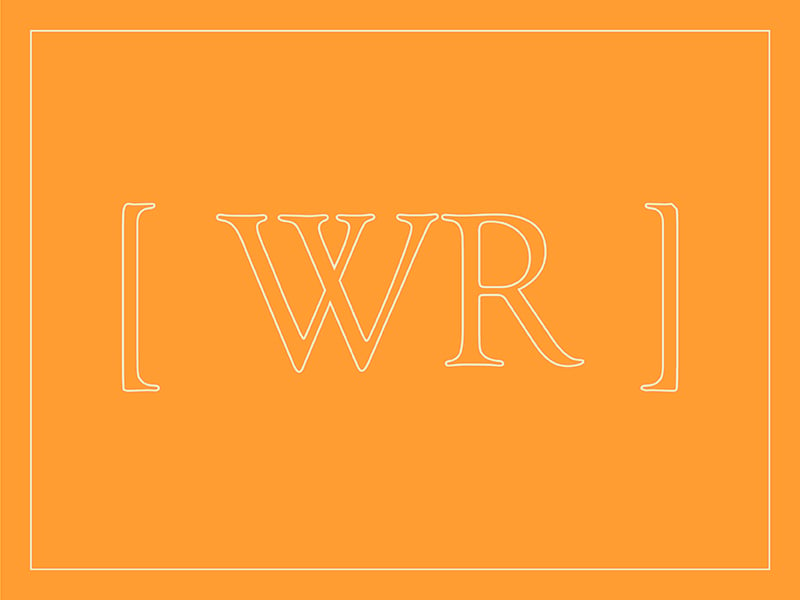By Dr Murtaza Khuhro
Copyright brecorder

The Industrial Revolution should have been humanity’s greatest awakening — a turning point when science, invention, and collective imagination lifted every soul. Instead, it was hijacked. Capitalism captured it, twisted it, and locked the fruits of human genius behind proprietary walls.
The stolen awakening
In the 19th century, the world celebrated names like James Watt and Thomas Edison. But alongside them lived millions of unnamed innovators — young girls denied schooling, Black inventors refused patents, Indigenous knowledge-holders dismissed as “primitive.” Their ideas, methods, and discoveries were erased from history, not by accident, but by design.
By 1900, over 90 percent of US patents were controlled by corporations or wealthy men. Barely 4 percent of young adults attended college. Meanwhile, 1.75 million children laboured in dark factories, their questions silenced under conveyor belts, their brilliance unrecorded. This was not simply neglect — it was a deliberate structuring of society.
Capitalism did not want a world of thinkers. It wanted workers — obedient, compliant, easily replaceable. It needed consumers, not creators; labourers who followed orders, not visionaries who rewrote the rules.
The lie of “meritocracy”
We were told a story: that innovation was open to all, that the best ideas always rose to the top, that hard work guaranteed recognition. But the evidence tells a harsher truth.
In 2023, just two corporations — IBM and Samsung — filed over 10,000 patents. Yet less than 0.1 percent of humanity has ever filed a single one. Pharmaceutical giants spend 75 percent of their R&D budgets on diseases of the wealthy — hair loss, erectile dysfunction — while malaria, tuberculosis, and Chagas disease, which kill millions, are starved of funding.
Even publicly funded discoveries, paid for by ordinary citizens, are funneled into private monopolies. The Bayh-Dole Act of 1980 legalized this theft, allowing corporations to patent taxpayer-funded inventions. From Google’s algorithm to Moderna’s COVID vaccine, the people have paid for the research — only to have corporations sell it back to them at staggering profit.
This isn’t innovation. This is extraction. This is a cognitive heist.
Genius that refused to die
Yet the system never fully succeeded. Genius does not need permission — it only needs space to breathe.
It exists in the grandmother in Oaxaca who heals with fifty native plants but is never called a “scientist.” It lives in the teenager in Lagos who reverse-engineers smartphones without formal training but is never called an “engineer.” It thrives in the farmer in Kerala who reads the clouds more accurately than algorithms but is never invited to climate summits.
This brilliance was not extinguished. It was buried. But now, it is rising.
Rebuilding the cognitive commons
Across the planet, people are tearing down the walls of cognitive apartheid.
In Brooklyn, community labs are producing open-source insulin, bypassing Big Pharma’s stranglehold.
In Nairobi, coders are building AI tools in Swahili — ignored by Silicon Valley, but vital for millions.
In Chiapas, Indigenous collectives use drones to map biodiversity, teaching Western science lessons it forgot.
In Kerala, India, the People’s Science Movement has transformed villages into hubs of participatory research, proving that science belongs to everyone.
This is not charity. It is justice. This is not “alternative” innovation — it is true innovation: rooted in human need, guided by ethics, measured in lives saved, ecosystems restored, and communities empowered.
What we lost — and what we could still gain
Consider the scale of what capitalism has cost us.
In 1900, the world had 1.6 billion people. If even 10 percent had exceptional cognitive potential, that’s 160 million possible innovators. And if 90 percent of them were locked out of education, labs, or recognition, we lost 144 million potential Einsteins, Curies, Da Vincis.
The Manhattan Project, which built the atomic bomb, employed 130,000 people. The Apollo Program, which landed humans on the moon, employed 400,000. Imagine what 144 million mobilised minds could have achieved — not for war or profit, but for human flourishing, peace, and ecological renewal.
We didn’t just lose inventions. We lost entire knowledge systems. We lost the wisdom of Indigenous ecologists, African metallurgists, peasant botanists, women scientists whose contributions were buried. We lost centuries of solutions to hunger, disease, and sustainability.
Capitalism’s cognitive prison
Corporate R&D has never been neutral. It follows profit, not need. Seventy-five percent of drug research focuses on the wealthy. Agricultural research promotes GMOs and monocrops, not agroecology or food sovereignty. In 2022, global R&D spending reached US$2.4 trillion — yet only 3 percent targeted public goods like climate resilience or neglected diseases.
Even government research is captured. Universities and labs funded with taxpayer dollars license their results to corporations. Public money generates discoveries; private capital hoards the rewards. The system feeds itself — but starves the world.
The globalisation of IKRID — a new dawn
And yet, something shifted with the rise of the Internet. The digital revolution unleashed the Globalization of IKRID — Information, Knowledge, Research, Innovation, and Development — a process that broke down barriers capitalism had built for centuries.
For the first time in human history, knowledge could travel at the speed of light. Research papers that once rotted behind university walls became accessible to millions. Open-source software, Wikipedia, MOOCs, citizen science projects, and global hackathons turned innovation into a collective act.
Where once a child in Karachi, Nairobi, or São Paulo was cut off from world-class knowledge, now a smartphone and an Internet connection made them part of a global cognitive commons. Where once patents locked discoveries away, now open-source movements reclaimed them.
This is the quiet but profound revolution of IKRID: the democratization of cognition itself.
The sci-tech-human power complex
What has emerged is a new historical force — the sci-tech-human power complex. Unlike the military-industrial complex of the 20th century, which concentrated destructive power in the hands of states and corporations, this new complex fuses:
Science — freely circulating, no longer confined to ivory towers.
Technology — open-source code, AI tools, low-cost hardware.
Human creativity — billions of connected minds across geographies, genders, and classes.
This complex is not hierarchical. It is networked. It thrives not on secrecy, but on collaboration. It does not monopolize — it multiplies.
Examples abound:
OpenAI’s early models inspired hundreds of open-source AI projects that now empower students, farmers, and small businesses.
Wikipedia, built entirely by volunteers, became the most trusted knowledge repository on Earth.
The Human Genome Project, once costing billions, now allows high school students to sequence DNA with $100 kits.
During COVID-19, open-source ventilator blueprints spread across continents, saving lives where corporate supply chains failed.
The sci-tech-human power complex shows us what happens when billions of minds, connected by networks, begin to co-create knowledge without waiting for corporate approval. It is the true antidote to the cognitive heist of capitalism.
The future is not for sale
We stand at a crossroads.
One path leads to deeper enclosure: AI weaponized for profit, medicine rationed for the rich, innovation chained to quarterly earnings. The other path is already being paved by the Globalization of IKRID and the sci-tech-human power complex — a path where innovation is decentralized, science is participatory, and the collective genius of humanity is finally unleashed.
We don’t need their labs. We don’t need their degrees. We don’t need their approval. What we need is open knowledge, universal cognitive infrastructure, community ownership of innovation, and new metrics of success — not GDP, but human and ecological well-being.
This is our moment
The next Einstein may be a girl in a refugee camp. The next Curie may be a trans-youth tinkering in a basement lab. The next Da Vinci may be an elder teaching AI not about efficiency, but about balance.
Capitalism tried to silence them. But their brilliance persists — burning, unstoppable, waiting to be unlocked.
The greatest resource on Earth was never oil, gold, or data. It was, and always will be, the human mind. And no corporation, no government, no algorithm has the right to lock it away.
Now is the time to set it free.
Build the lab.
Share the code.
Teach the child.
Fund the dreamer.
Amplify the silenced.
History robbed us once. Let’s not let it rob us again.
The philosophers only interpreted the world. The task now is to change it — by unleashing the genius of all, not the profit of a few. The globalization of IKRID and the sci-tech-human power complex give us the tools to do just that.
The future is not for sale; it is for all of us.
Copyright Business Recorder, 2025



